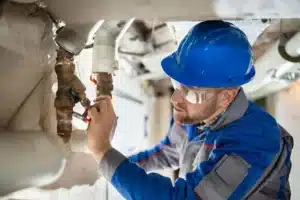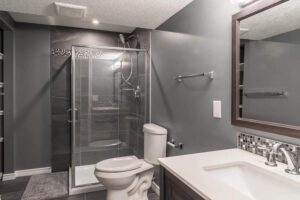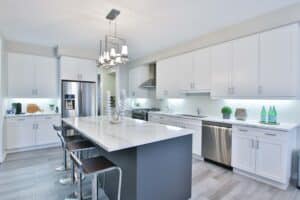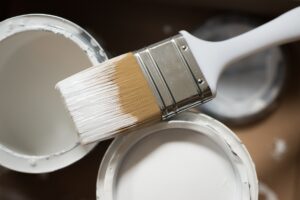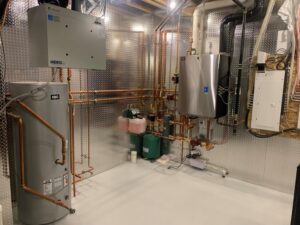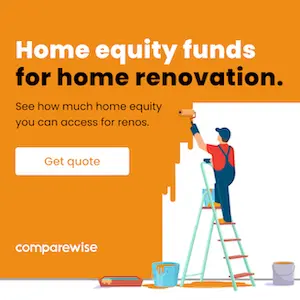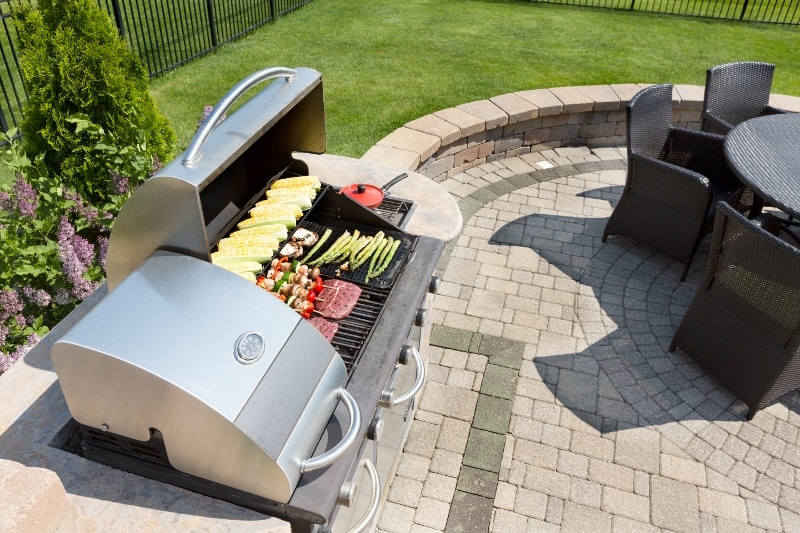
Table of Contents
ToggleThe benefits of a natural gas barbeque hook up.
Having a natural gas line for your barbeque is very convenient. Instead of worrying about your propane running out in the middle of cooking dinner, you’ll have a non-stop supply from your utility’s natural gas line. Once installed, your hook up will be located near where your grill is. When you want to use the barbeque, simply turn on the valve, light the grill and away you go.
The natural gas you use for your barbeque will be cheaper than how much you’ll pay for propane. You’ll experience substantial savings over the years, not to mention the headache of having to fill or swap your tank.
Natural gas is lighter than air, and it rises. Propane is heavier and tends to build up when it is used. This factor makes natural gas a safer fuel to use compared to propane. You don’t have to worry about built-up gas igniting unexpectantly. It also burns cleaner than propane, which means fewer toxins are released in the air and in your food.
Propane also gives off a “wet heat,” which can change the texture of the food you are cooking. Some people think this type of heat has a negative impact on the food and prefer how natural gas cooks instead.
This article will discuss the cost of having a professional gasfitter hook install a line out for your barbeque. Before getting to that, we will cover some important information.
Never attempt this job yourself!
There are many DIY jobs you can do yourself to save some money. Playing around with natural gas in your home is not one of them. It is extremely combustible and dangerous to work with. If you don’t do it correctly, you could have natural gas leaking in or near your home. If ignited, it could cause an explosion and/or fire.
This task should be left to a licensed gasfitter. A professional will have the knowledge and experience to do it correctly. They will also know local code restrictions and will obtain all the necessary permits to make this retrofit. Installing it yourself without a permit can have a negative impact on your home insurance coverage policy, not to mention put your family and home at risk. In most jurisdictions, any gas line addition or retrofit has to be signed off by a certified gasfitter to be to code.

The process of hooking up a new gas line for the bbq.
An inspection of your natural gas system will confirm it has the capacity to run an additional gas appliance like a barbeque. If your gas meter doesn’t have the capacity, you can contact your gas provider and ask if they will upgrade the meter. In many cases, they will be happy to sell you more gas and will install a new meter free of charge.
To start the job, the gasfitter will turn off the gas at the gas meter.
Then they will run piping from a port in the main gas line in the basement to a connect coupling they have installed on the outside of your house on the wall. Around each threaded connection, they’ll apply a compound to ensure there are absolutely no leaks. They’ll also ensure the new gas line is fastened to the floor joists, so it doesn’t interfere with anything inside the floor as it runs out to the coupling.
A hole will be drilled through your wall to install the coupling and attach the line. You will have a gas shutoff valve for this new line, so you can shut it on and off as you use your grill. Sometimes two valves will be installed; one inside and one outside. They’ll also install a quick-connect hose from the coupling that you will use to easily hook up your barbeque.
Then they will conduct a pressure test to check for leaks. If the line is having a hard time holding pressure, it likely means the gas is escaping somewhere. They will spray a liquid soap solution around the threaded connections to see if it bubbles. If it does, gas is leaking.
Once it’s been checked for leaks, some contractors finish the job by spraying paint on the pipe that will prevent it from rusting. Then they’ll turn the gas back on at the meter, and all that’s left to do is hook up your gas barbeque to the new coupling.
If you want multiple locations to hook up your natural gas grill, or multiple grills, ask the contractor to install multiple couplings. You can also ask their opinion on extended gas hoses if you want to move the barbeque around in the future.
The cost of hooking up a natural gas line for a barbeque

According to HomeAdvisor, the average cost of installing a natural gas BBQ is between $130 and $350. For a high-end or complex installation, you could pay up to $720 or more. This statistic does not mention the cost of a gas line permit, which can be about $150 depending on the city you live in. There are many factors that play into this cost, including:
Cost of the additional line.
The gas line used for your project will be made of steel, stainless steel, copper, or plastic, and all of those have different price points. You can expect to pay around $25 to $75 per foot of line used. So, if the location of the main gas line is further away from the house and your prime grilling location, you’ll pay more for the line itself.
Not only does the length of the pipe determine how much time it will require for installation, but you must also consider the size of the pipe too. You might need a larger pipe to deliver the correct amount of gas to your new appliance if it’s far away from the mainline. The further it is away, the larger the pipe you need, the higher the cost. This is because of friction loss.
Also, longer pipes will not require a pressure test. Instead, the contractor will check the joints with soapy water to see if there are leaks. If the line is longer,20 feet or more, you will need to have a pressure test. In some cities, the test will have to be witnessed by a city inspector. This makes it more time consuming and therefore, more expensive.
The complexity of the installation.
If you’re running a pipe through the basement ceiling, you will require several offsets in the pipe. If you must change the directions multiple times, a lot of work must be done. Offsets all require cutting of the pipe, threading, fittings and additional hangers to keep it in place. The number of offsets will play a major role in your gas line installation quote.
If you want to run the line through a difficult inaccessible area, like a crawlspace or under a deck, expect to pay more simply because the installation will take longer. Also, the location of the gas line can be a major bearing on the cost. Do you want it through the house, outside the house or even under the ground? The more difficult the install, the higher the cost.
Paying for extras.
You’ll also pay a little more for a quick-connect gas line. This will allow you to plug your barbeque in easily and safely. This line will also have an on/off switch, so you can be sure you’re not feeding gas in the appliance when it is not in use or being attended to.
While you’re at it, you might want to consider a line for a fire table or deck heater. To do so, the gasfitters will have to install a larger gas line to accommodate these additional appliances. Even if you aren’t installing them now, preparing for them by putting in a larger line now will be far less expensive than running a brand-new line down the road.
Cost of a natural gas barbeque.
You can’t hook up just any old barbeque to a natural gas line. There are propane-to-gas adaptors you can get for some propane grill models, but you should check with a barbeque retailer for details about your specific appliance.
Your best bet is to purchase a new grill that can run off natural gas. The cost of a new natural gas barbeque will vary depending on the type, brand, and model. For a basic model, you can pay around $250. If you’re going deluxe, a large barbeque with multiple features can cost well over $10,000. You’ll have to decide on a budget, based on your specific needs and lifestyle. A backyard at-home chef might prefer a decked-out grill.
Things to know about a natural gas grill.
Operating a natural gas grill will be a little different compared to your old propane barbeque. Here are some things you should know:
– Your grill is designed to run on a certain water column pressure (WCP). Always check your owner’s guide to see what that is.
– You’ll have to match your grill connection with your gas line, and you’ll have to use straight pipe nipples and not flare fittings. This is something a gasfitter can provide information on.
– Keep all shut-off valves closed when the grill is not in use.
– You can get a connection hose if you want to have more flexibility on your grill’s location. However, do not have more than one hose connected together to make the extension. Instead, as the gas fitter to install multiple couplings so you can easily move the barbeque where you want it.
– Always refer to the manufacturer’s guide before operating your new natural gas grill.
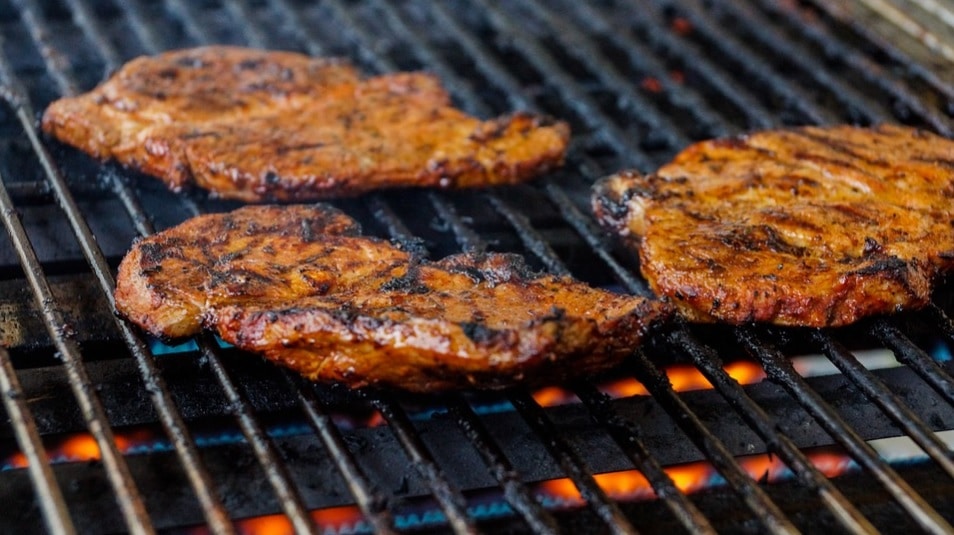
Hooking up your gas barbeque to your new gas line.
First, turn off the gas valve at the coupling to ensure no gas leaks while you’re hooking up your new grill. If gas gets into the air, it could combust.
Then simply connect one end of your quick-connect hose to your grill. If you didn’t opt for one of these hoses, you could purchase and install one yourself now. Just make sure you use an adjustable wrench to get the new hose airtight.
Finally, test the hose and lines outside for any gas leaks. You can spray soapy water to the ends or anywhere on the hose you suspect a leak. Then turn on the gas. If you see bubbles appear at a joint or somewhere along the hose, you have leaks. If that’s the case, turn off the gas and replace the hose. You should also ensure both ends are screwed on tight. Do not use your grill until all leaks are fixed!
What do you do if you suspect a gas leak?
Did you know that natural gas is actually odourless? Utility companies add the odour for the purpose of helping people detect gas leaks. Other signs you might have a gas leak include:
– Hissing, whistling, or roaring sound.
– Obviously damaged connections to a gas appliance.
– Plants and grass that is dead or dying for no apparent reason, around your meter or gas appliance.
If you smell gas or suspect a leak somewhere but can’t find its source, leak the area immediately. Then contact your gas utility’s emergency line right away. They will have a free emergency response service, likely available around the clock. Never assume that someone has already called.
While you’re waiting for someone to respond to the call, don’t use phones or electronics near the leak. Do not turn appliances or lights on or off. Do not smoke or use a lighter, start a vehicle, or do anything that might ignite the gas. If the gas is already burning, call 911.
Get a quote from a professional gas fitter.
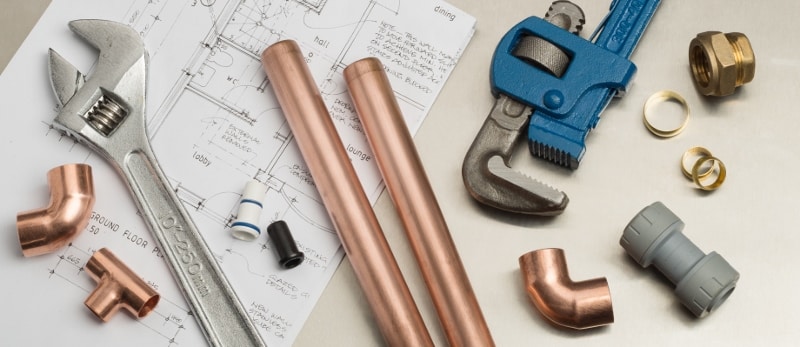
For the best and most accurate estimate, you should call a local gas fitting contractor. They can investigate where your gas line is and determine the scope of work and time required to get the job done. A contractor will also be responsible for obtaining permits for the new gas line installed inside the home and for any new equipment.

